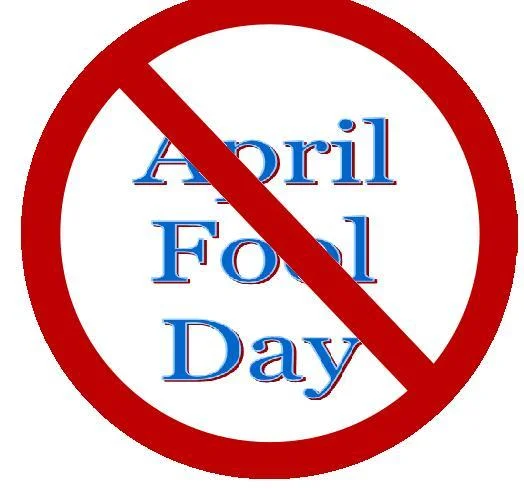1. Misinformation: Pranks and hoaxes spread quickly, leading to confusion and misinformation, especially in the age of social media where false information can go viral within seconds.
2. Trust Issues: Constant exposure to pranks and hoaxes on April Fools’ Day can erode trust, as people become wary of believing anything they see or hear on that day, and sometimes even beyond.
3. Anxiety and Stress: Some individuals may experience heightened anxiety and stress on April Fools’ Day, fearing they may become the target of hurtful or embarrassing pranks.
4. Inappropriate Behavior: In some cases, April Fools’ Day pranks can cross the line and lead to harassment, bullying, or discrimination, which can have serious consequences for individuals and communities.
5. Waste of Resources: Elaborate pranks or hoaxes may consume valuable resources such as time, money, and effort, which could be better utilized for productive or constructive purposes.
Overall, while April Fools’ Day is meant to be a fun and lighthearted occasion, it’s important to be mindful of its potential negative impacts and to engage in pranks responsibly and with consideration for others.






